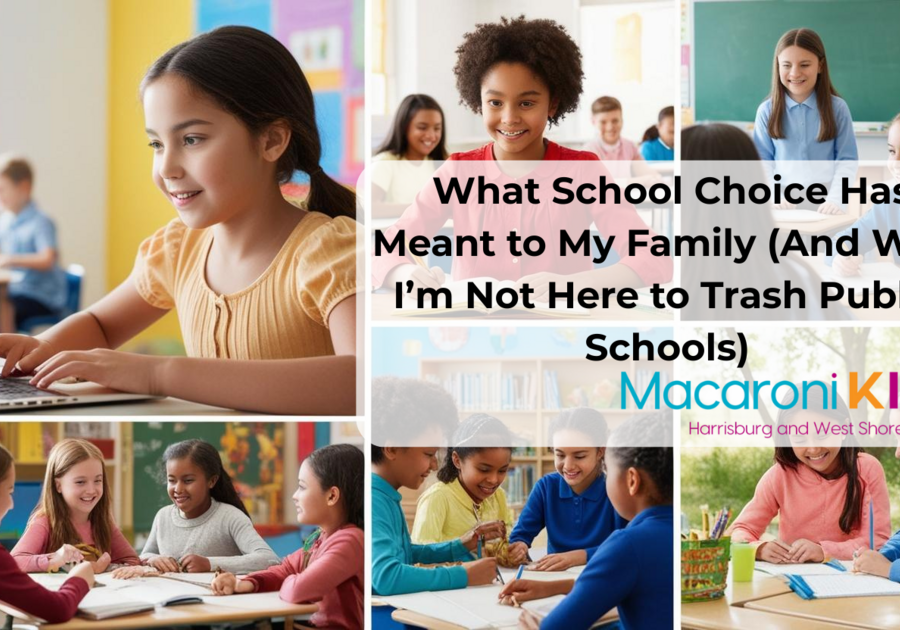📝 What School Choice Has Meant to My Family (And Why I’m Not Here to Trash Public Schools)
Let’s get one thing straight from the start: I love public school. I grew up in it. I know teachers who are absolute wizards of compassion and classroom magic. My kids even attend some public school programs now. I am not here to sling mud at the people working their hearts out in underfunded, overcrowded buildings.
But I am here to say: school choice changed my family’s life. And I believe — strongly — that if we want to fix what’s broken in education, we need more options, not fewer. Taking away charter schools, cyber schools, or education alternatives doesn’t solve the crisis. It just traps families in systems that weren’t designed for their kids.
💸 A (Brief but Important) Word on School Funding in PA
Yes, it’s true: Pennsylvania has one of the most unequal school funding models in the country. The gap between the wealthiest and poorest districts is massive. In 2023, a judge even ruled that PA’s public school funding system violates the state constitution. That’s a huge deal.
But here’s where people start pointing fingers at school choice:
“If charter schools weren’t taking the money, public schools wouldn’t be struggling.”
Let’s be real.
That’s like blaming the fire department for not fixing the plumbing. The system was broken long before school choice expanded. The real culprit? A state funding model that leans heavily on local property taxes, which basically guarantees inequity.
💡 Why School Choice is Critical (Even if You Love Public School)
- Kids are not widgets.
No two kids are alike — so why do we expect one system to fit them all? Neurodivergent kids, kids with anxiety, kids with advanced abilities, kids who’ve been bullied… they all deserve learning environments that actually work for them. - School choice creates room for innovation.
Charter and cyber schools can pilot new ideas and approaches — and when they work, public schools can adopt them. Choice makes all schools better. - Parents know their kids best.
Period. If we trust parents to feed their children, clothe them, and teach them to say “please,” we can trust them to help decide where they learn best. - “One size fits all” never fit anyone.
That’s not just true of jeans. It's true of education. Having options doesn’t mean hating the original — it just means acknowledging that some kids need something different. - Access shouldn’t depend on your zip code.
Without school choice, your address determines your educational fate. That’s not just unfair — it’s un-American.
🧠 Our Story: Because Kids Aren’t Algorithms
When my oldest, Roland, started preschool, he cried at drop-off for three solid weeks.
Now, I’d love to say it was classic separation anxiety. That would’ve made sense. But no. Roland was crying because he was bored. Bored to tears. (Literally.)
He was the classic firstborn—Type A, high achieving, the kind of kid who wants to know the agenda before breakfast and can probably run a meeting better than half the adults in the room. After just a week of loving preschool, he walked into week two asking his teacher if they could please do something besides "Letter of the Week" because, as he politely stated:
“I already know all my letters.”
Her response?
“Now Roland, do you really know ALL your letters?”
(Cue me, internally screaming.)
It didn’t take long for us to realize that putting this child in a traditional classroom at four years old was like putting a racehorse on a merry-go-round. Just... nope.
So we started looking. Not for the "perfect" school, but for a school that could flex with him. That’s when we found a cyber charter school with flexibility, innovation, and hundreds of field trip options a year. (SOLD.)
This wasn’t just “online school” — it was a full-blown educational community. And it didn’t just work for Roland. It let him thrive. They adapted his curriculum on the fly, gave him access to authentic learning experiences, and supported his love of community-based learning. Fourth grade looked like this: museum collaborations, scientific investigations, composition of a piano score (which he performed!), and independent studies that actually meant something—not just “busy work with extra worksheets.”
At one point, he went from math drills to attending press conferences, and from coloring pages to helping design exhibits at a local museum. I mean… how do you go back from that?
(We tried. Briefly.)
Roland wanted to give brick-and-mortar another shot. So we let him. He re-enrolled in our public school district. They greeted him by placing him in the same grade he had already completed—because, you know, birthday math. They talked a big game about a GIEP and accommodations, but none of it ever materialized. And the kid had an actual existential crisis in the car on the way home.
“Why am I here? I’m not growing. I’m not learning anything new. The other kids are mean. I’m not creating beauty. I’m not a part of anything meaningful…”
Y’all. He was nine.
We went right back to the cyber charter school.
And guess what? They didn’t bat an eye. They built him a second round of 4th grade that was tailor-made, full of enrichment and purpose. We got our curious, confident, creative kid back—because we had the freedom to choose what actually worked.
🎓 But Every Kid Is Different (Even in the Same House)
My second son? He’s in public school. Because that’s what’s right for him. He’s thriving with in-person structure and a routine that supports his learning style. School choice didn’t mean choosing one path forever—it meant choosing what works for each individual child.
And then there’s my third child, Ridley. He’s a whole dissertation on asynchronous development with a side of chaos. We lovingly refer to him as a husky or an Australian shepherd—brilliant, intense, loving, and absolutely destructive if he doesn’t have a job to do. Give him a purpose? He’s amazing. Let him get bored? He’s chewing through emotional furniture.
The charter school we chose saw that and responded immediately. They bumped him from Kindergarten to First Grade, adapted expectations, and gave him real challenges. Instead of being labeled a “behavior issue,” he’s recognized as a gifted learner who needs structure, stimulation, and flexibility.
❌ So No, School Choice Isn’t the Problem
It’s not what’s hurting public schools. Lack of funding, rigid structures, and inequitable tax-based formulas are.
When we talk about fixing education, let’s focus on:
- Funding ALL public schools fairly
- Empowering teachers
- Giving every kid a fighting chance
But let’s not solve inequality by taking away options that are working for real families.
🧁 A Final Word From a Mom Who Packs Lunches, Builds Science Fair Volcanoes, and Still Can’t Remember What Day Gym Class Is
I’m not anti-public school. I’m pro-kid. Pro-family. Pro-choice (in education and in snacks). I want schools that serve all kinds of learners—not just the ones who can sit still and color quietly.
I want funded public schools AND accessible alternatives. Because no matter where our kids learn, they all deserve the chance to grow into curious, confident, and compassionate humans.
So let’s stop fighting over who’s doing it “right.” And instead, fight for every family to have the freedom, resources, and respect to do what’s right for them.
Because trust me: the right environment can make all the difference.
Even if that environment includes coding in pajamas, writing poetry in a treehouse, or composing a piano score for a final project at age 9.
That’s not a failure of the system.
That’s the power of choice.
📝 The Discussion Doesn’t End There: School Choice Is More Complicated Than That
After writing my article, “What School Choice Has Meant to My Family (And Why I’m Not Here to Trash Public Schools), I had some fascinating conversations with people I deeply respect—parents, educators, advocates, and friends who’ve lived the ups and downs of this system from all sides.
Some agreed. Some pushed back. And some asked really important questions.
I stand by what I wrote. That article wasn’t meant to explain every side of the issue—it was meant to share one story: mine. What school choice has meant for my family, and how it’s changed the trajectory of my kids’ learning lives.
But let’s be clear: that’s just one piece of a much bigger puzzle.
🙋♀️ A Quick Reminder of Where I’m Coming From
What’s best for my own family, what would be best in an ideal society, and what’s best in the world we actually live in are three completely different things.
- For my family, I want options. Every kid is different. I’ve got kids with unique learning styles, sensory needs, asynchronous development, and intense curiosities. A one-size-fits-all system simply doesn’t work for us. School choice gives us flexibility, adaptability, and the ability to try again when something isn’t a fit.
- In my dream world, school choice wouldn’t even be necessary—because every neighborhood public school would be fully funded, inclusive, and filled with innovation, support, and joy. No one would be trying to escape a system that already works.
- In reality, public schools are the backbone of our communities. They provide education, yes—but also childcare, nutrition, stability, social-emotional learning, and safety nets for millions of families. Even when they’re underfunded or imperfect, public schools are essential. And many families simply can’t afford to choose something else, whether due to time, finances, accessibility, or support.
That tension is real. And I’m sitting in it.
💬 Conversations That Challenged Me (In the Best Way)
My friend Emilie—wise, direct, and brilliant—gave me this gut-check:
“Most charter schools can’t accommodate kids like Rhys.”
She’s right. My middle son, Rhys, has significant needs and attends a public school where we also pay privately for some of his supports. The charter school model we use with our other kids wouldn’t work for him—and even if it technically did, it wouldn’t be sustainable without a stay-at-home parent helping manage the logistics. Emilie added:
“Even in our own friend group, we’ve seen families try [charter schools] and struggle—and they weren’t even working full time. Charter and cyber schools often rely on a kind of privilege people don’t always recognize: time, education, advocacy, and the ability to dedicate serious attention to a child’s learning.”
She’s not talking about wealth (though that’s part of it). She’s talking about privilege as access to time, flexibility, and capacity to navigate complex systems. And she's absolutely right. School choice isn’t equally accessible to all families—not because they don’t care, but because the system is already asking too much.
🧩 So Where Does That Leave Me?
Somewhere between idealism and realism.
Yes, I believe in school choice. I’ve seen it transform my children's educational experience, mental health, and sense of purpose. But I’m also not blind to the fact that choice without access, support, and accountability isn’t really choice at all—it’s a privilege.
And without equity, that privilege becomes a wedge that widens the gap.
I’m not here to abolish school choice. But I am here to say we need to do it better.
📚 What I Think School Choice Needs to Be Truly Ethical:
- Accountability. If a charter school fails its students or closes mid-year, there need to be real consequences and protections.
- Transparency. Families deserve to know what they’re signing up for—including who’s teaching, what’s being taught, and how support needs are handled.
- Equity of access. Choice is only meaningful if all families—not just those with time, resources, or educational savvy—can actually take advantage of it.
- Support for public schools. We can advocate for alternatives and invest in the public schools that serve the majority of children in our state. This is not either/or.
🩹 School Choice Is the Band-Aid We Desperately Need (While We Work on the Cure)
Let me be very clear: we need school choice right now. We need charter schools. We need cyber options. We need alternative pathways. Not because they are perfect, or because they are a substitute for well-funded public schools, but because we cannot keep asking families to wait for a system to catch up while their kids fall further behind.
We need school choice because:
- Some kids can’t learn in traditional settings—and they shouldn’t have to
- Some families are facing crises or disabilities or deep mistrust of a system that has failed them before
- Some parents are cobbling together work, caregiving, and education with every ounce of energy they have—and they need options that flex with their reality
- Some schools are unsafe, under-resourced, or not equipped to meet the diverse needs of the children they serve—and change at the policy level moves at the pace of molasses in January
We can't ignore that. We can't tell families to “just wait” for the state legislature to get it together while their child suffers emotionally, academically, or socially.
That’s where charter schools and alternative models come in—not as silver bullets, but as pressure valves for an overwhelmed system.
Charters—when run ethically and equitably—can offer innovation, flexibility, and responsiveness that traditional systems often can't. They can pilot ideas that, if successful, may eventually inform public school reform. They can provide safety nets for kids who are drowning in schools not built with them in mind. They can be a lifeline—as they were for my family.
So yes, I will advocate for stronger charter oversight. But I will also fight to protect the existence of charter schools themselves. Because until every public school is resourced, responsive, inclusive, and safe, we owe families options.
We can't pretend it's fair to force kids into systems that aren't meeting their needs—and then blame the parents for choosing something else.
🤝 Let’s Keep the Conversation Going
School choice changed our lives. But I’m not naïve enough to think that means it’s the right solution for everyone. I’m not asking you to agree with every part of my story. I’m asking you to listen to it—and know it’s real.
Just like your story is.
If we’re going to build a better system, we need more than anecdotes. We need accountability, compassion, and a willingness to work across perspectives.
Let’s build that world—together.
We’d love to hear your story too.
Whether you chose a charter school, cyber school, homeschooling, or something in between—your voice matters. Join the conversation and help us show what school choice really looks like for real families.
👇 Share your experience below or head to our social post to add your voice!
 When visiting events and local businesses, be sure to tell them Macaroni KID sent you... and don't forget to tell all your friends!
When visiting events and local businesses, be sure to tell them Macaroni KID sent you... and don't forget to tell all your friends!
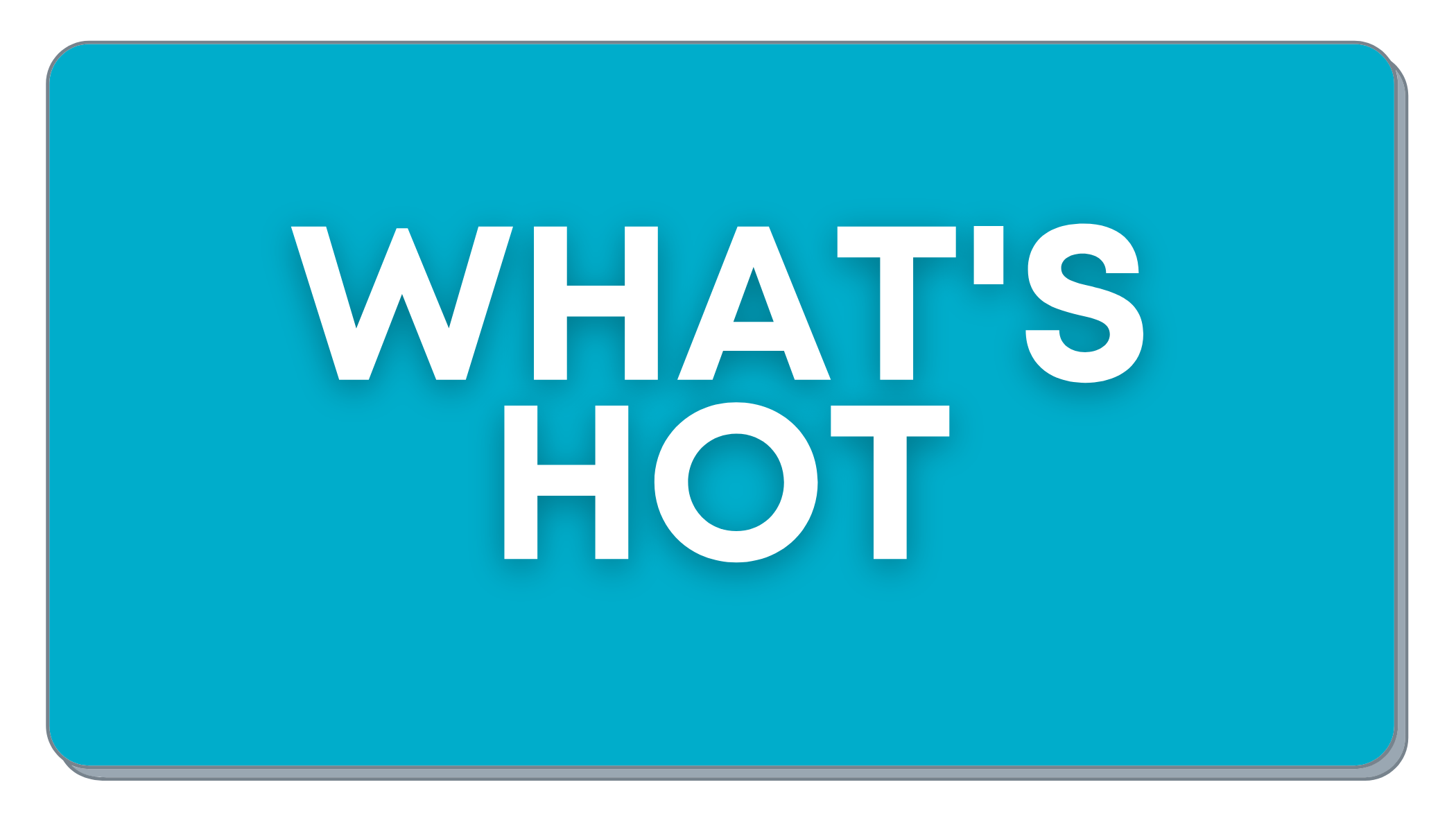 | 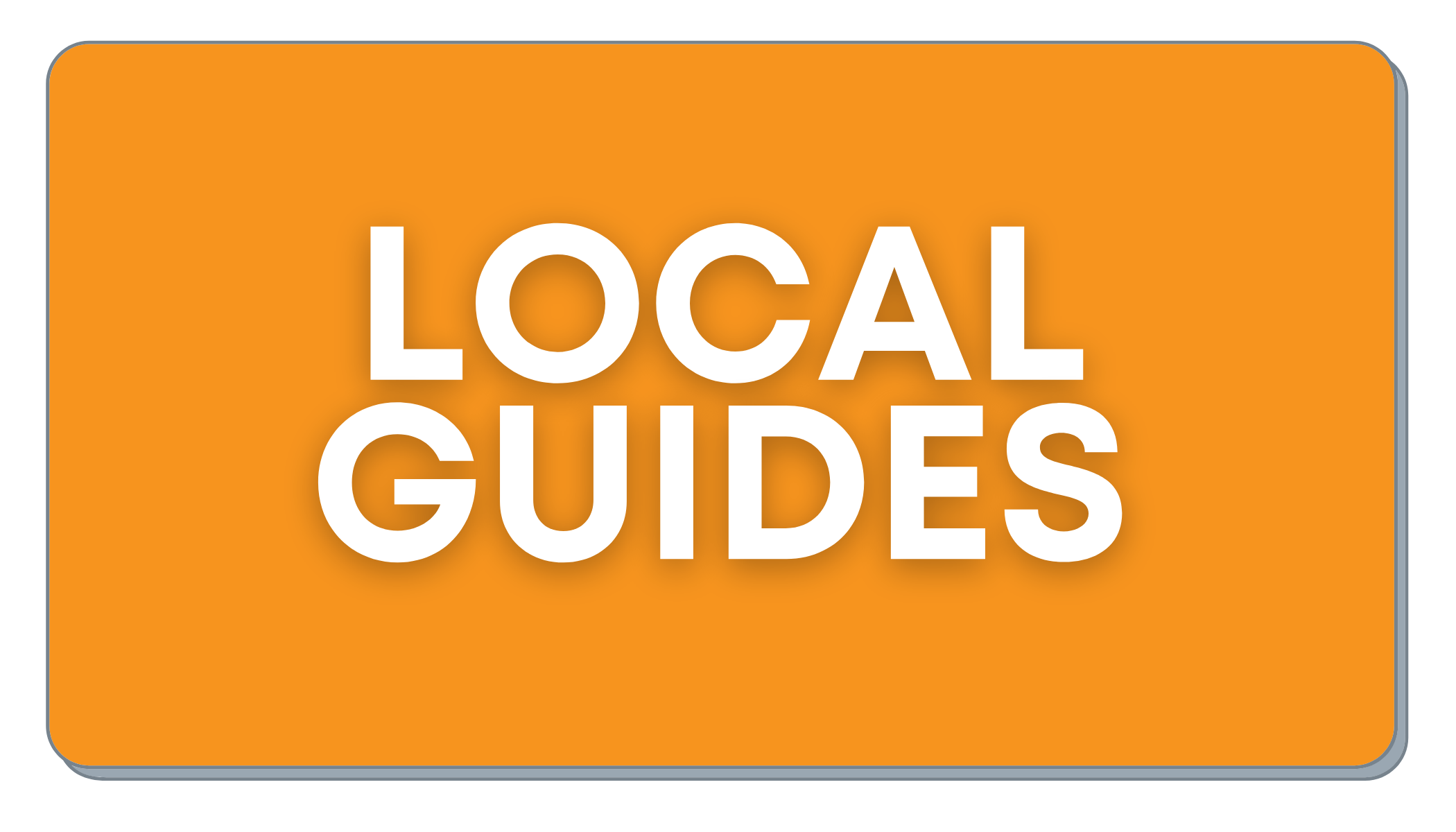 | 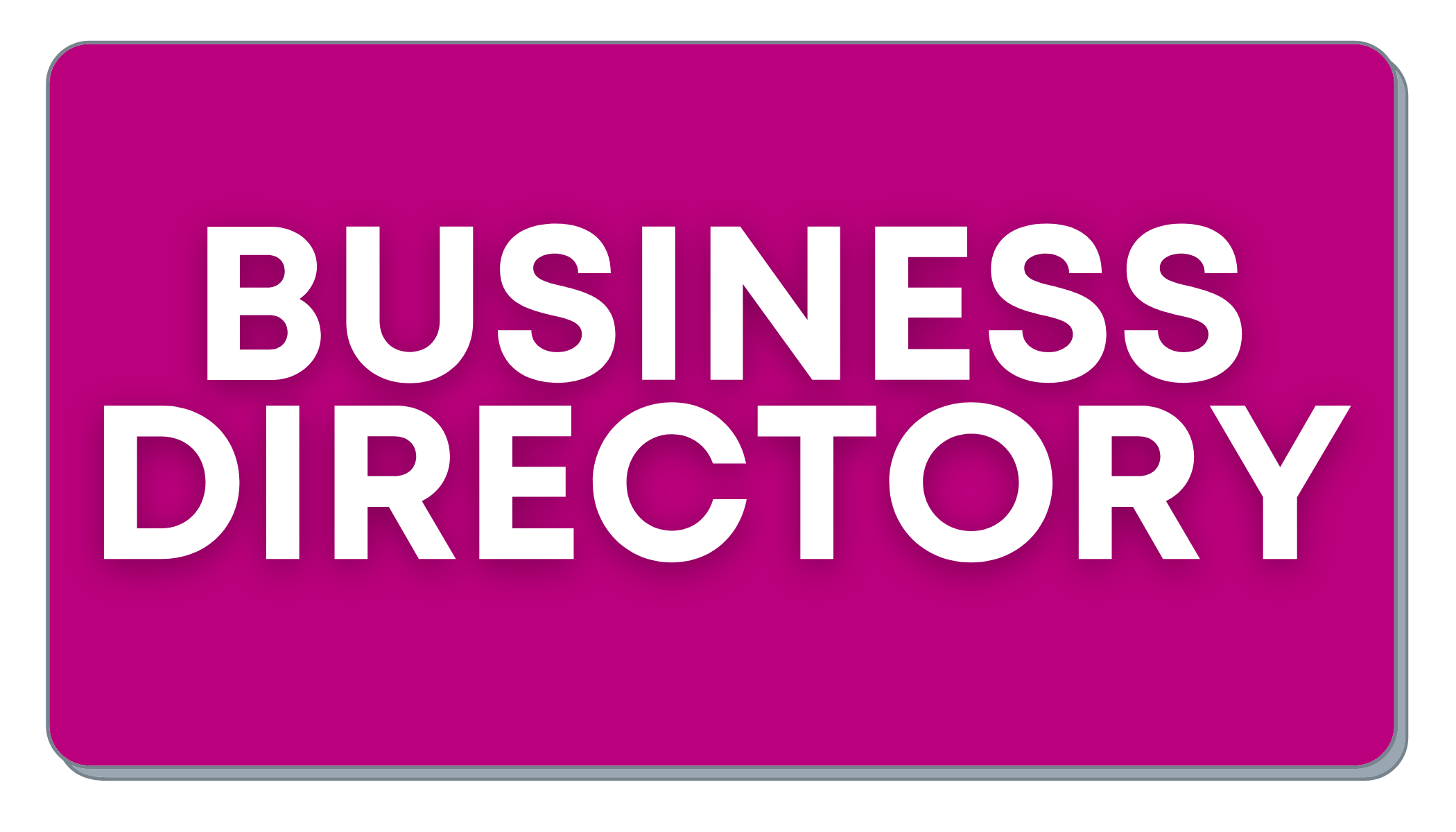 |
 | 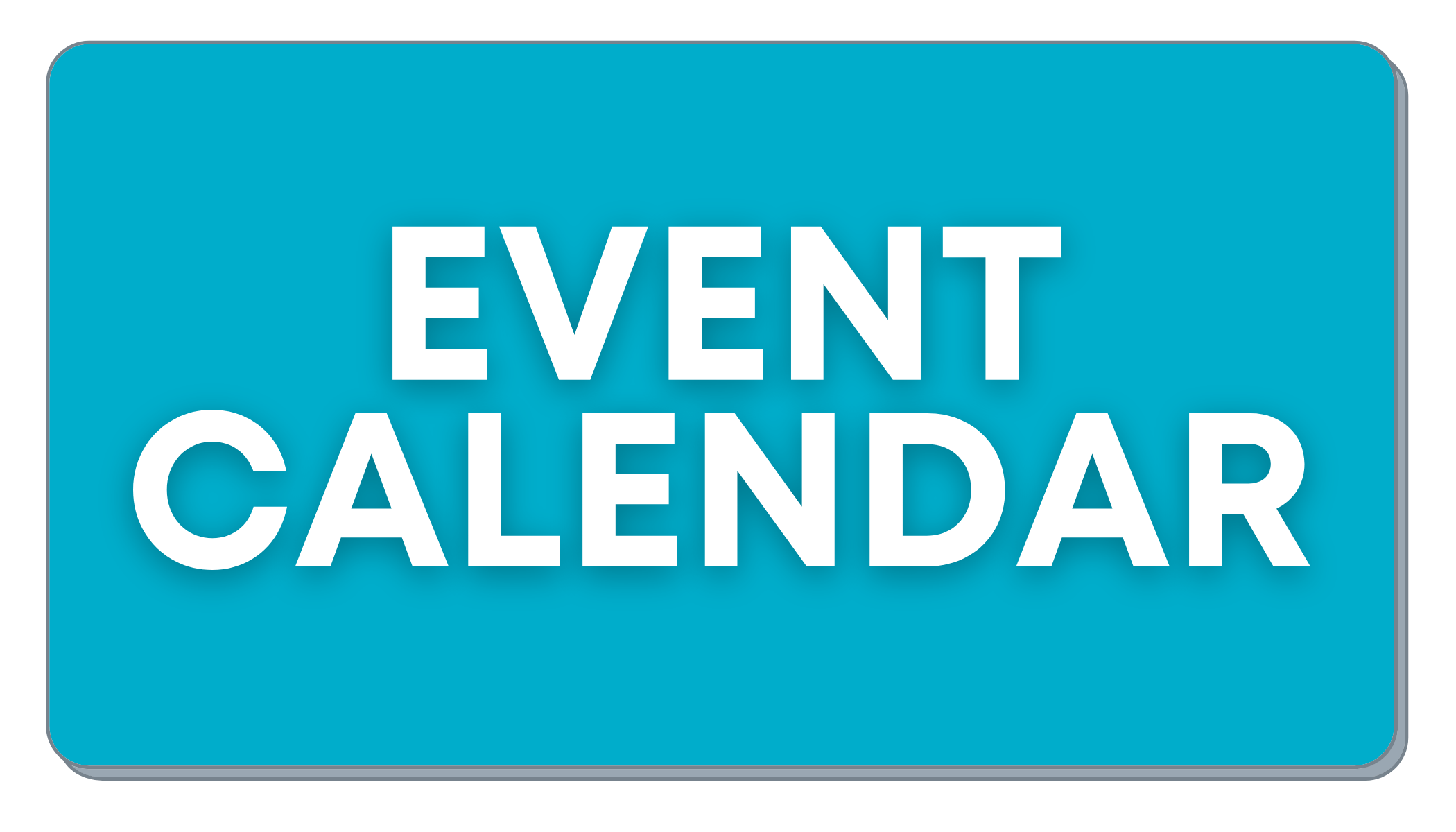 | 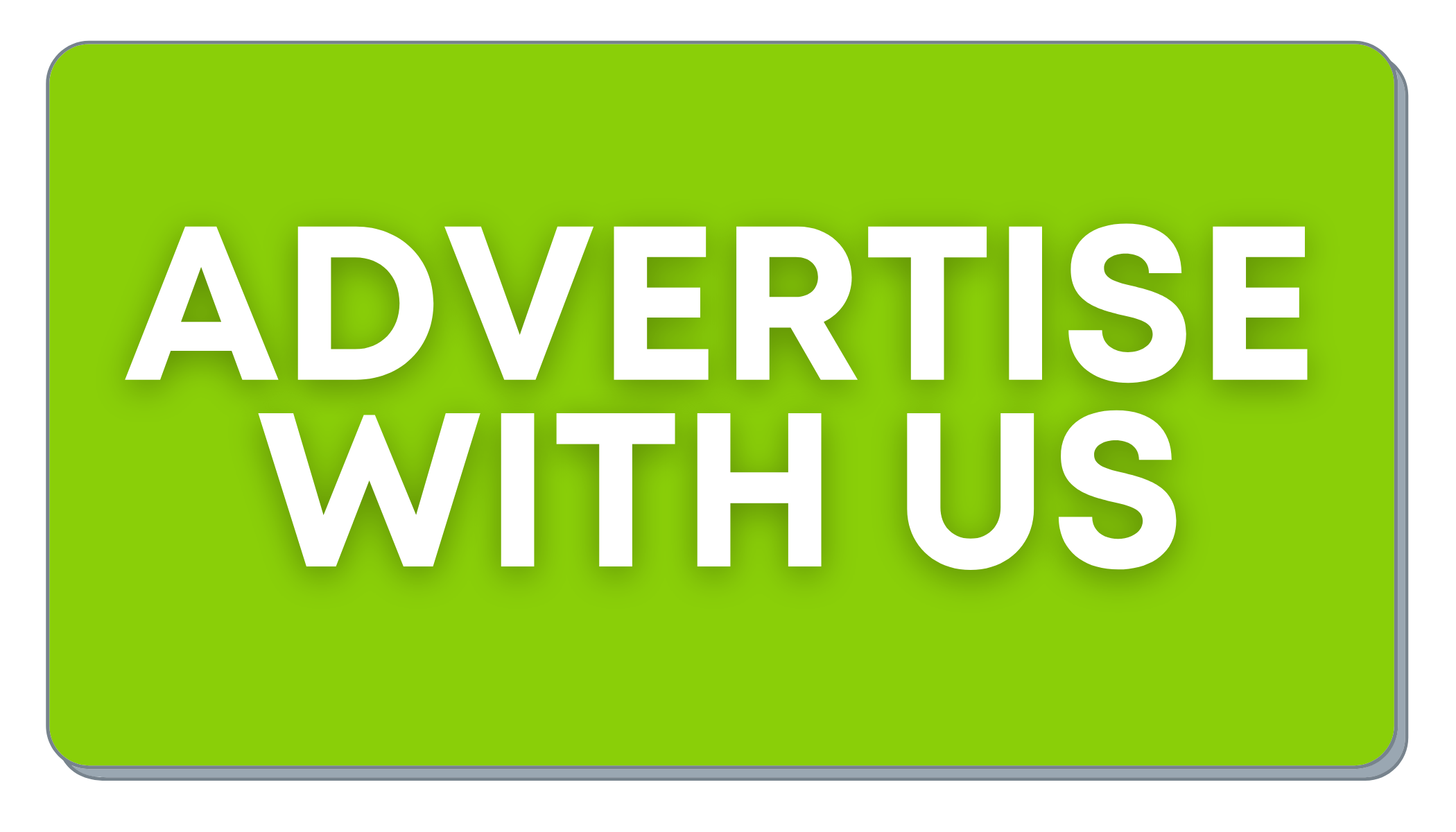 |
Interested in partnering with us? View our advertising packages.

